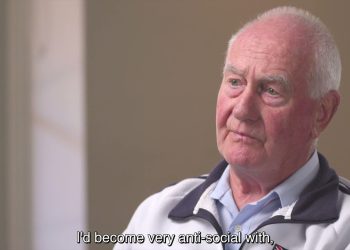In the spotlight of an investigation, Louis Ferrari II was tipped off about an imminent raid on his properties by Thomas Loewke. The revelation emerged as Loewke confessed in court to aiding and abetting a criminal, thus obstructing justice.
Possibility of 18 Months Imprisonment for Obstruction of Justice
The subject of the investigation was an illicit online platform managed and administered by Ferrari II. Upon getting Loewke’s tip-off, he hastily modified the key login credentials for the site’s administration, revamped its look and feel, and removed any online trace that might have shed light on the extent of sports wagering that transpired on the platform.
Loewke found himself formally accused of impeding justice in January and the latest hearing took place before the US District Judge, David Larimer. Loewke was the first in the chain of arrests that subsequently ensued, leading to the detention of seven men within a matter of weeks. Charges levied against them included operating numerous unlawful gambling platforms, all accommodating sports wagers and poker betting. The suspects were alleged to have controlled the sport700.com domain, where Loewke also partook in gambling, according to the prosecuting counsel.
Additional Offenders Implicated in the Installment
Among others allegedly in cahoots with Ferrari were Dominic Sprague, Tommaso Sessa, Anthony Amato, Joseph Lomardo, Joseph Boscarino, and James Cilvetti. It’s believed that Ferrari accrued a sum of $1.25 million in earnings from the illicit website, while Amato allegedly pocketed a massive $8.9 million from the purportedly unlawful gambling setup. Their cases are unfurling in the court currently.
Loewke’s candid confession could land him in a minimum-security prison for a stretch between 10 and 18 months. Prosecutors are lobbying for the harshest possible sentence, arguing that the officer’s actions amount to a gross betrayal of the faith bestowed upon law enforcement authorities.
However, Loewke’s counsel, Michael Schiano countered the “abuse of trust” sentencing doctrine, arguing that it is unfitting in the current case. Schiano highlighted Loewke’s remorse for his misconduct and explained his client’s willingness to receive the punishment and look forward to a new chapter in life.







